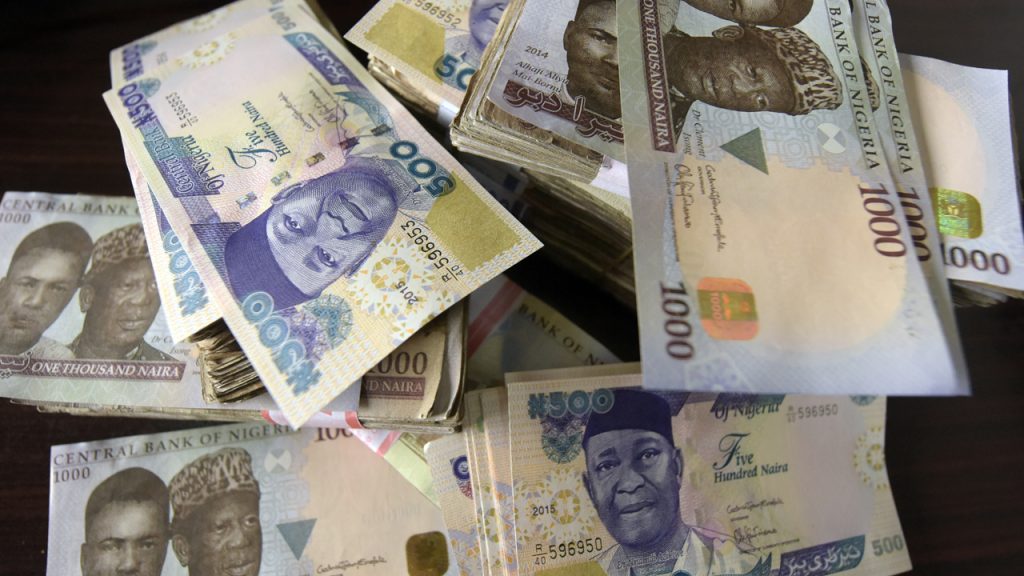The devaluation of the naira, a consequence of the harmonization of Nigeria’s currency market in June 2023, has presented a complex and double-edged impact on the nation’s economy. While contributing to inflationary pressures, the weakened currency has inadvertently curbed the “Japa” phenomenon, the mass emigration of Nigerians seeking better opportunities abroad. The increased cost of international travel, now requiring significantly more naira to purchase tickets, has become a deterrent, forcing many to reconsider their plans to leave the country. This, according to Tope Fasua, the special adviser to the president on economic affairs, is one of the unintended consequences of the currency float. Fasua, speaking at the 2025 Annual Outlook Conference, emphasized the government’s focus on leveraging the increased naira volume, which has risen from around N30-N31 trillion to N49 trillion, to exploit purchasing power parity (PPP) advantages within the domestic economy. This strategy aims to maximize the value of the naira within Nigeria, despite its diminished value on the international market.
The 2025 budget, themed “Budget of Restoration: Securing Peace, Rebuilding Prosperity,” reflects this focus on domestic economic revitalization. Presented to the National Assembly by President Bola Tinubu, the N49.7 trillion budget prioritizes security, infrastructure development, and human capital investment. While acknowledging the budget’s modest size in dollar terms and per capita, Fasua advocates for an even larger budget in the future, arguing that Nigeria’s current per capita budget allocation is among the lowest globally, significantly trailing behind developed nations and even some African counterparts. He believes Nigeria has the capacity to fund a more ambitious budget, potentially reaching N80 trillion in the coming year, to address the nation’s substantial development needs and elevate its per capita spending closer to regional and global averages.
Fasua’s argument for a larger budget stems from his conviction that the current allocation of approximately $120-$150 per person for essential services like health, education, agriculture, and infrastructure is woefully inadequate. He draws comparisons with European and American budgets, which allocate around $20,000-$25,000 per person, and even with other African nations like South Africa ($2,000), Angola ($1,200), and Algeria ($700), all of which significantly outspend Nigeria on a per capita basis. This disparity, he contends, underscores the need for a substantial increase in budgetary allocation to adequately address the nation’s developmental challenges and improve the quality of life for its citizens.
The government’s projection of N36.35 trillion in revenue for 2025 relies heavily on improved non-oil revenue generation, including increased tax collection, customs duties, and revenue from government-owned enterprises. Oil revenue projections are based on a benchmark of $75 per barrel, a production target of 2.06 million barrels per day, and an exchange rate of N1,500 per USD. This reliance on non-oil revenue reflects the government’s efforts to diversify the economy and reduce its dependence on volatile oil prices. The projected fiscal deficit of N13.39 trillion (3.96% of GDP) is expected to be financed through a combination of domestic and external borrowing, as well as public-private partnerships (PPPs).
The government’s strategy, as outlined by Fasua, is to concentrate on maximizing the impact of the naira within the domestic economy by utilizing the increased naira volume generated by the devaluation. This approach aims to capitalize on the purchasing power parity principle, whereby the same amount of money can purchase more goods and services in a lower-cost economy like Nigeria compared to higher-cost economies like the US or Europe. By focusing on domestic production and consumption, the government hopes to stimulate economic growth and mitigate the negative impacts of the naira devaluation on the cost of imported goods. This inward-looking approach is further reinforced by the reduced incentive for emigration due to the higher cost of travel abroad.
In conclusion, the devaluation of the naira has created a complex economic landscape in Nigeria. While contributing to inflationary pressures, it has also inadvertently stemmed the tide of emigration. The government’s response, reflected in the 2025 budget, is to prioritize domestic economic growth by focusing on maximizing the purchasing power of the naira within Nigeria and investing in key sectors like security, infrastructure, and human capital. The long-term success of this strategy hinges on the government’s ability to effectively manage the inflationary pressures, diversify the economy away from its reliance on oil revenue, and implement policies that stimulate domestic production and consumption. Furthermore, the call for a significantly larger budget underscores the recognized need for greater investment in essential services and infrastructure to improve the living standards of Nigerians and close the gap with other nations in terms of per capita spending.














